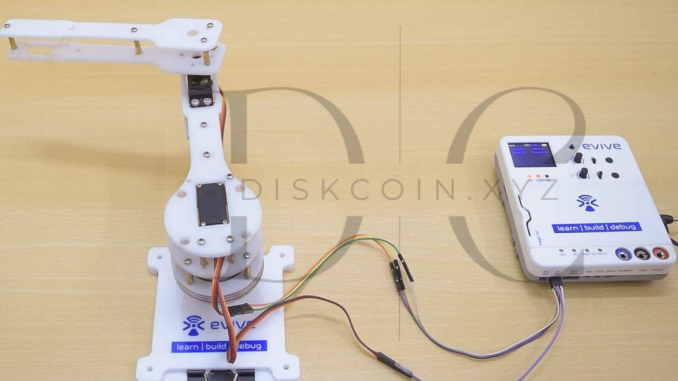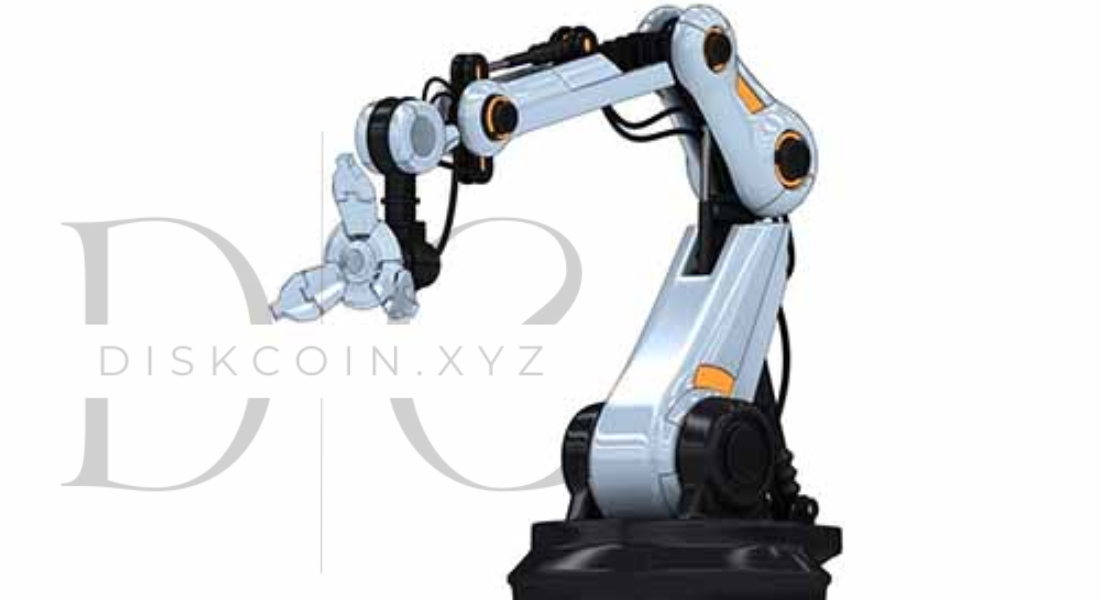
Transformers for Industry: Enhancing Power Efficiency in Industrial Applications
In today’s rapidly evolving industrial landscape, industries need efficient and reliable power distribution systems more than ever. Transformers for industry play a crucial role in managing and delivering electrical energy to power various industrial processes. From large manufacturing plants to data centers and chemical processing units, these vital devices serve as the backbone of energy transmission, optimizing power use and minimizing costs. Whether it’s powering heavy machinery, critical systems, or entire industrial operations, transformers ensure that energy is delivered in the right form, keeping the wheels of industry turning smoothly. This article explores the importance of transformers for industry, covering their applications, types, and their contribution to efficient power distribution.
What Are Transformers for Industry?
A transformer for industry is an electrical device that converts electrical energy from one voltage level to another. It uses electromagnetic induction to step up or step down voltage, adjusting electricity to the required level for industrial operations. Transformers are specifically designed to handle the high power loads that are typical in industrial settings, ensuring that machines, equipment, and complex systems receive a stable, uninterrupted power supply.
These industrial transformers come in various sizes and configurations, making them suitable for everything from small factories to large-scale manufacturing plants. They provide essential voltage regulation, which prevents equipment damage, increases operational efficiency, and ensures the safety of electrical systems. With industries relying heavily on automation and machinery that require precise and continuous power, transformers play a key role in stabilizing voltage levels and preventing power surges or dips, which can cause costly downtimes and damage to sensitive equipment.
Furthermore, the integration of renewable energy sources into industrial applications has increased the demand for specialized transformers. These transformers are capable of converting energy generated by renewable sources like wind, solar, and hydropower into a form suitable for industrial use, contributing to more sustainable and energy-efficient operations. Transformers for industry not only enhance power reliability but also
Why Are Transformers for Industry So Important?
In an industrial environment, electricity powers machinery, lights, heating systems, and countless other components. Transformers for industry serve a critical function by ensuring the safe and efficient delivery of power. Here are some reasons why transformers are indispensable in industrial applications:
- Voltage Regulation: Industrial equipment and machinery need specific voltage levels to operate optimally. A transformer adjusts the voltage, preventing damage to sensitive equipment caused by overvoltage or under-voltage conditions. By stepping up or stepping down voltage, transformers ensure power is provided in the correct form, avoiding malfunctions and system failures.
- Energy Efficiency: Transformers for industry help save energy by minimizing power transmission losses. Without voltage conversion, energy loss would increase, leading to wasted resources and higher operational costs. Transformers ensure that industries distribute power efficiently, impacting their bottom line.
- Safety: Without proper voltage control, industrial electrical systems can become hazardous. Transformers regulate voltage to safer levels, preventing potential damage to equipment and reducing the risk of electrical fires, short circuits, or other dangerous incidents.
- Load Management: Industries with high power demands rely on load management. Transformers balance electrical loads, ensuring even power distribution across different sections of an industrial plant. This process stabilizes the system, preventing overloads and equipment damage.
Types of Transformers for Industry
Several types of transformers for industry exist, each suited for specific applications. The two primary categories of transformers include:
- Step-up Transformers: These transformers increase the voltage of the incoming electrical supply. Step-up transformers typically appear in power plants, where they elevate the voltage of generated power before transmission over long distances. High voltage helps reduce transmission losses and ensures efficient power delivery.
- Step-down Transformers: These transformers decrease voltage to a level safe for industrial machinery and equipment. Step-down transformers are crucial in adapting high-voltage power for use in production lines, processing units, and other industrial operations.
In addition to these basic types, some specialized transformers cater to particular industrial needs, including:
- Distribution Transformers: Used to distribute electrical power to specific areas within an industrial complex.
- Isolation Transformers: These transformers isolate electrical systems from each other, providing added protection and preventing electrical faults from spreading.
- Auto Transformers: A variant of step-up or step-down transformers, auto transformers are more compact and energy-efficient for certain industrial applications.

Applications of Transformers in Industry
Transformers serve in various industrial applications, playing an important role in energy management and operational efficiency. Below are some of the key ways transformers for industry are used:
- Manufacturing Plants: In manufacturing, transformers convert power to the appropriate voltage for machines such as CNC machines, conveyors, and industrial motors. They ensure smooth operation on production lines, reducing downtime caused by power issues.
- Mining Operations: Transformers for industry prove critical in mining, where heavy-duty electrical systems power machinery, extraction equipment, and transportation systems. Transformers regulate voltage, maintaining consistent power across vast mining sites.
- Chemical and Petrochemical Industries: In chemical plants and refineries, transformers power large motors, heating systems, and compressors. Their voltage regulation ensures precision and safety in delicate processes like chemical reactions and distillation.
- Data Centers: With the rise of digital operations, data centers demand a continuous and stable power supply. Transformers for industry ensure that data centers receive clean, reliable power, keeping servers and cooling systems running without interruptions.
- Energy Generation: Power plants use transformers to step up the voltage generated by turbines for long-distance transmission. This process ensures energy distribution to cities, towns, and industries with minimal transmission losses.
- Renewable Energy Systems: As the world shifts toward renewable energy sources, transformers for industry also play a role in wind farms, solar power plants, and hydroelectric systems. These systems require specialized transformers to convert the generated power into a usable form for grid distribution.
Benefits of Using Transformers for Industry
Using transformers in industrial settings offers several advantages, making them indispensable in modern power systems. These benefits include:
- Improved Reliability: Transformers ensure that industrial operations remain consistent by providing stable power. Whether a small plant or a large factory, transformers prevent interruptions caused by voltage fluctuations, ensuring smooth operations.
- Reduced Downtime: Transformers supply the correct voltage to machinery, reducing the risk of equipment failure. This reduction in downtime helps industries maximize productivity and minimize repair costs.
- Lower Operational Costs: By ensuring efficient power distribution, transformers help industries reduce energy waste and losses, leading to savings over time. This also results in lower utility bills and operational expenses.
- Enhanced Equipment Longevity: By supplying the correct voltage levels, transformers protect sensitive equipment from power surges and other electrical issues, extending the life of industrial machinery.
Conclusion
Transformers for industry are essential components of modern power distribution systems. They provide necessary voltage adjustments, ensuring that industrial operations run smoothly, efficiently, and safely. From manufacturing plants to data centers and renewable energy systems, transformers play a pivotal role in optimizing energy use and enhancing the reliability of power delivery. Their ability to regulate voltage, improve energy efficiency, and reduce costs makes them indispensable in industrial environments. As industries continue to evolve and energy demands increase, transformers will remain crucial in powering the next generation of industrial innovations.
Investing in transformers is essential for improving the efficiency of industrial power systems and ensuring the reliability of operations. Understanding the importance and variety of transformers for industry helps businesses make informed decisions when designing and maintaining their power systems.
Leave a Reply